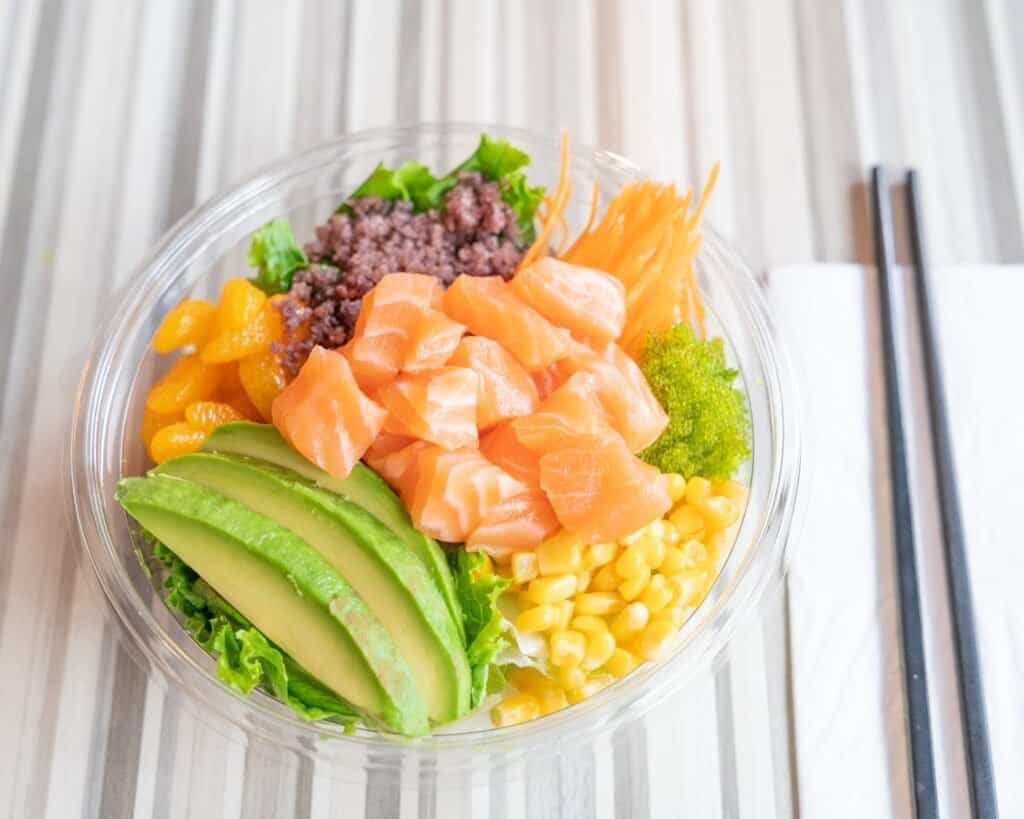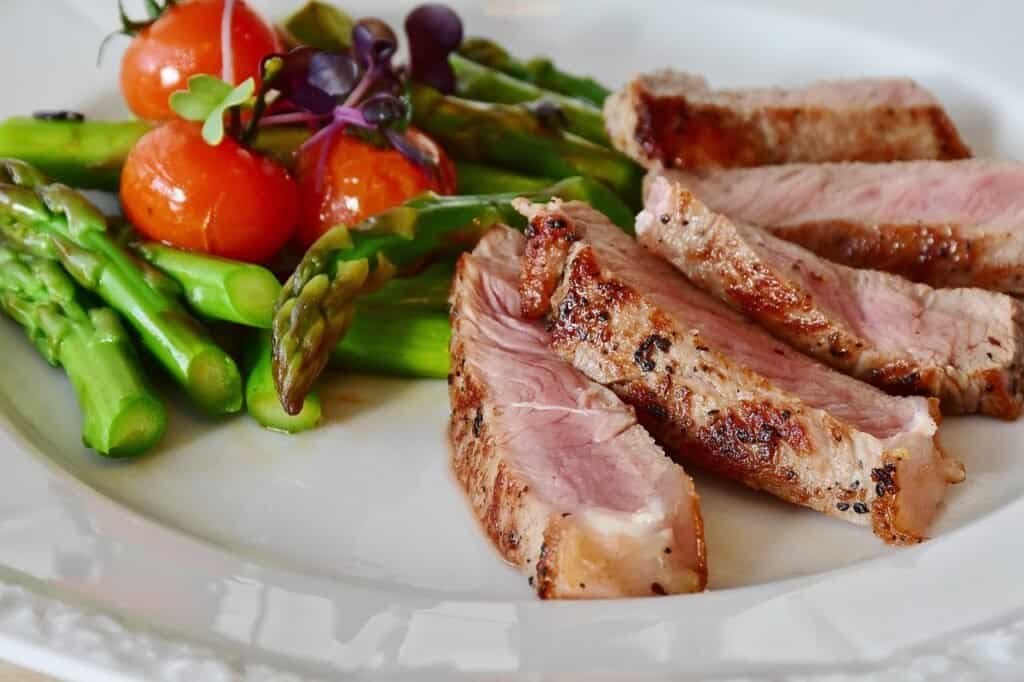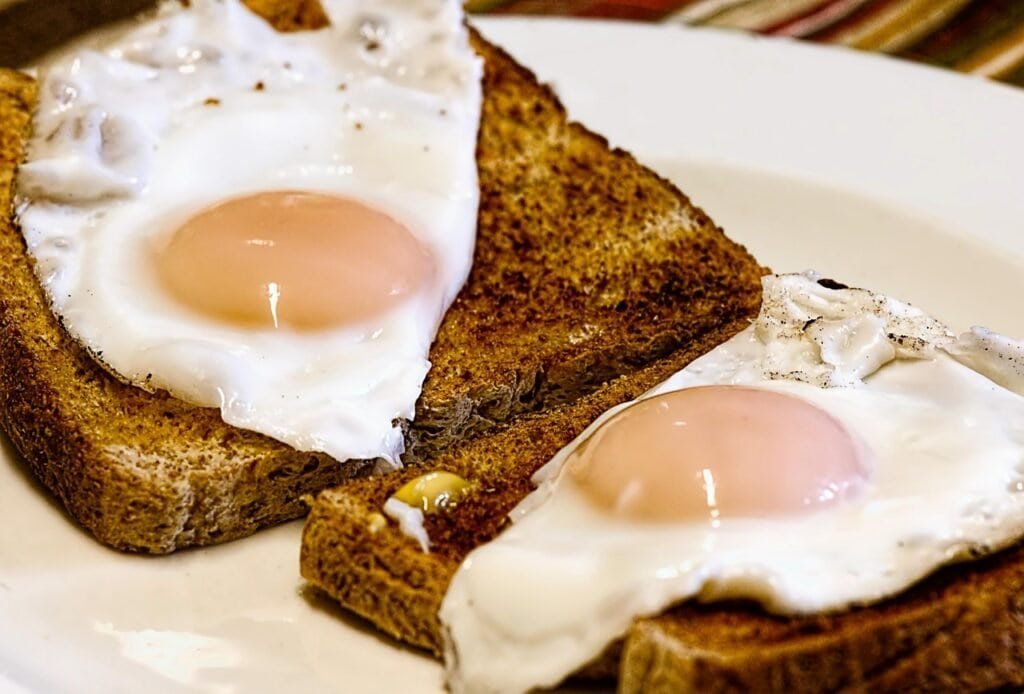Building muscle from home workouts is entirely possible, but to truly maximize your results, nutrition is just as crucial as your training routine. Without the right fuel, your muscles won’t recover efficiently, and your strength gains will plateau. This guide provides comprehensive nutrition tips for muscle growth home workouts, helping you optimize your diet for strength, recovery, and muscle development.

Understanding the Basics of Muscle Growth
Before diving into nutrition specifics, it’s important to understand what your muscles need to grow.
How Muscles Grow
Muscle growth occurs when muscle fibers undergo stress during workouts and repair during recovery. Proper nutrition provides the building blocks—especially protein and essential nutrients—to facilitate this repair and stimulate hypertrophy.
Energy Needs
Even with home workouts, your body requires sufficient calories to fuel workouts and recovery. If you consume fewer calories than you burn, muscle growth will be limited, regardless of exercise intensity.
Macronutrients for Muscle Growth
Focusing on the right balance of macronutrients—protein, carbohydrates, and fats—is vital for home workout muscle growth.
Protein: The Building Block of Muscle
Protein provides amino acids necessary for muscle repair and growth. For those doing home workouts, aim for 1.6–2.2 grams of protein per kilogram of body weight per day.
Best sources include:
- Lean meats (chicken, turkey, lean beef)
- Fish and seafood
- Eggs and dairy (milk, yogurt, cheese)
- Plant-based options (lentils, chickpeas, tofu, tempeh, quinoa)
Tip: Spread protein intake across 3–5 meals for consistent amino acid availability throughout the day.
Carbohydrates: Fuel for Workouts
Carbs are your body’s main energy source. They help maintain intensity during training and replenish glycogen stores after workouts.
Good carbohydrate sources:
- Whole grains (oats, brown rice, whole wheat pasta)
- Starchy vegetables (potatoes, sweet potatoes)
- Fruits (bananas, berries, apples)
- Legumes (beans, lentils)
Timing carbs around your workouts—before for energy, after for recovery—can enhance muscle growth.
Fats: Hormone Support and Energy
Healthy fats are crucial for hormone production, including testosterone, which supports muscle growth.
Recommended sources:
- Nuts and seeds (almonds, walnuts, chia seeds)
- Avocado
- Olive oil and coconut oil
- Fatty fish (salmon, mackerel, sardines)
Aim for fats to make up 20–30% of your daily calorie intake, prioritizing unsaturated fats.
Micronutrients and Supplements
While macronutrients provide the bulk of muscle-building support, micronutrients and certain supplements can enhance recovery and performance.
Vitamins and Minerals
Key micronutrients for muscle growth include:
- Vitamin D: Supports muscle function and strength
- Magnesium: Aids in muscle contraction and recovery
- Zinc: Important for protein synthesis and testosterone levels
- Iron: Supports oxygen transport for sustained energy
Eating a variety of colorful vegetables, fruits, nuts, and seeds ensures you cover most micronutrient needs.
Supplements (Optional)
While not essential, some supplements can complement your nutrition plan:
- Whey or plant protein powder for convenient protein intake
- Creatine monohydrate for strength and muscle volume
- Omega-3 fatty acids for recovery and inflammation control
- Branched-Chain Amino Acids (BCAAs) if protein intake is insufficient

Meal Timing for Muscle Growth
Even with the best foods, timing meals around your workouts can improve results.
Pre-Workout Nutrition
Eating 1–2 hours before training can fuel your home workouts and improve performance. Focus on:
- A balanced meal with protein and carbohydrates
- Avoid high-fat meals immediately before training as they can slow digestion
Example: Oats with banana and a scoop of protein powder.
Post-Workout Nutrition
After training, your muscles need protein and carbs to recover:
- Protein: 20–40g to trigger muscle protein synthesis
- Carbs: To replenish glycogen stores
- Include electrolytes if sweating heavily
Example: Grilled chicken with sweet potato and steamed vegetables.
Frequent Meals
Eating every 3–4 hours can maintain a positive nitrogen balance, promoting continuous muscle repair. This is especially useful for those doing high-volume home workouts.
Hydration: Often Overlooked
Water is essential for nutrient transport and muscle function. Dehydration can decrease strength and recovery, slowing muscle growth.
Tips for staying hydrated:
- Drink 3–4 liters of water daily
- Include electrolyte-rich drinks if sweating heavily
- Hydrate consistently, not just during workouts

Practical Nutrition Strategies for Home Workout Enthusiasts
Here are actionable nutrition tips for muscle growth home workouts:
1. Plan Your Meals Ahead
Meal prepping helps maintain a consistent intake of protein, carbs, and fats, ensuring you meet your goals daily.
2. Track Your Macros
Use apps or journals to monitor protein, carbohydrate, and fat intake. Adjust based on energy levels and muscle growth progress.
3. Focus on Whole Foods
Minimize processed foods, sugary snacks, and refined carbs. Whole foods provide better nutrient density and sustained energy.
4. Include Protein in Every Meal
Even small meals should have a source of protein to keep amino acids circulating for muscle repair.
5. Optimize Carbs Around Training
Prioritize carbs before and after workouts for energy and recovery. Use complex carbs for sustained energy and simple carbs post-workout for rapid glycogen replenishment.
6. Include Healthy Fats Daily
Don’t eliminate fats; they support hormones critical for muscle growth.
7. Prioritize Recovery Nutrition
Sleep and post-workout meals are where most muscle growth happens. Neglecting recovery nutrition limits results.
Common Mistakes to Avoid
Many home workout enthusiasts make nutritional mistakes that hinder muscle growth:
- Undereating: Not consuming enough calories for growth
- Neglecting protein: Protein deficiency slows recovery
- Over-reliance on supplements: Supplements can’t replace whole foods
- Ignoring meal timing: Skipping post-workout nutrition can limit gains
- Not hydrating: Dehydration reduces strength and recovery
Sample Nutrition Plan for Muscle Growth at Home
Here’s an example of a day optimized for home workout muscle growth:
- Breakfast: Oats with banana, whey protein, and almond butter
- Snack: Greek yogurt with berries and chia seeds
- Lunch: Grilled chicken, quinoa, and steamed vegetables
- Pre-Workout Snack: Apple with peanut butter
- Post-Workout: Protein shake and a sweet potato
- Dinner: Baked salmon, brown rice, and mixed greens
- Evening Snack: Cottage cheese with nuts
This plan balances protein, carbs, and fats while supporting recovery and energy for training.

Conclusion
Muscle growth from home workouts requires more than just consistent exercise—it requires a strategic approach to nutrition. By focusing on protein, carbs, fats, micronutrients, hydration, and meal timing, you can optimize your muscle gains effectively. Remember that consistency is key; results come from long-term adherence to proper eating habits combined with regular training.
Implement these nutrition tips for muscle growth home workouts, adjust based on your body’s responses, and you’ll maximize the results from your home-based strength training efforts.
Want to take your progress even further? Check out these related guides that dive deeper into the essentials you’ll need to succeed:
How to Build Muscle at Home Without Equipment: The Complete Bodyweight Workout Guide
Best Bodyweight Exercises for Full Body Muscle Growth at Home
Can You Really Build Muscle With Just Push-Ups, Squats, and Pull-Ups?
The Science Behind Progressive Overload in Home Bodyweight Training
How to Create a Weekly Home Workout Plan for Muscle Building
How to Increase Workout Intensity for Faster Muscle Gains at Home 2026 How Long Does It Take to See Results from Bodyweight Training?
Common Mistakes That Stop You From Building Muscle at Home Beginner to Advanced: How to Progress Your Home Workouts for Continuous Muscle Gains
